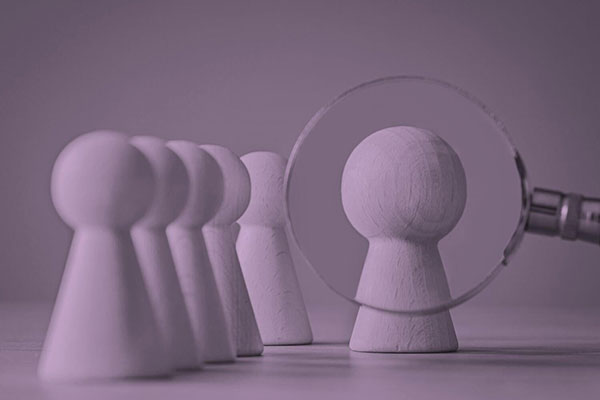
The Pathway to Excellence | Learn
Health
We need to work through the best ways to boost our health – how we make specific choices about what we will and will not do to become healthier physically and mentally in the short and long term.

Good health begins with the basics. All of us live a healthier life when we get the right amount of sleep, good food, exercise, and routine on a daily basis. What these things mean specifically will change depending on the where and when of our lives. Nonetheless, whatever our underlying physiological condition, we will do better when we take control of how we treat our body and its basic needs.
On the whole, healthier people usually live longer lives. They can also tend to live richer and more fulfilled lives because of the greater degree of opportunity that their patterns of health open up to them. They can think more clearly and do what they need to do with a wider range of both intention and execution. What this means is that we need to pay attention to the things that we can genuinely influence for the better or worse about our health. We need to make good decisions about how we can improve our health and, therefore, unlock the other benefits that such decisions can bring. To do this, we need to think openly and honestly about these choices.v
Let’s reflect on our routines. Each of us needs a balance of, on the one hand, orderliness, predictability and diligent work, as well as unstructured play and experimentation with what is new is part of a healthy life for all of us. This means we need to organise our time to allow ourselves to build patterns that allow us enough time to do the things we need to do and the things we enjoy doing. We need to bear in mind that making a choice between a “nice to” and a “need to” is more helpful than not. Not everything is a “must” and especially not a “must do now”. We need to make choices about priority and do the things we can to the best of our ability. There is enough stress and anxiety in our lives without us adding to it by not making these types of choices. Compounding this with a desire to be perfect in our execution simply does not help – there is a signal difference in being inspired to encounter excellence in our lives (which is very much possible and healthy) and seeking to meet an expectation of “no mistakes” (which is both impossible and unhealthy).
"Moderation. Small helpings. Sample a little bit of everything. These are the secrets of happiness and good health."
Julia Child
The degree to which we might be more or less conservative in our choices will depend largely on our personalities and circumstances. What is clear is that a life without choice or adventure is a life where we are less likely to grow beyond who we are today; a life with too little structure and too much fun will also limit our capacity to develop the habits we need to succeed.
Similarly, we need to make good choices about keeping the right company along the way. The right friends know when to push us and when to hold us back. They know when to laugh and when to be serious. Sometimes we will be very close to them and they will give us the precious gift of intimacy; sometimes they will be quite distant, giving us the benefit of an objectivity and a role model that we need to reflect on who we are becoming.
We also need to know how to move from the illusion of absolute safety into identifying, building and maintaining the right appetite to take appropriate risks. Life isn’t safe; there are and will always be dangers to our personal and collective security along the way and we need to know how to encounter them and navigate through or around them. Some of them will pay off and some of them will not. There will be ups and downs along the way. But we won’t learn much if we avoid them all. Neither are we likely to survive unscathed if we take them all on.
Above all, on The Pathway to Excellence, we must build the experience that allows us to know our bodies and take care of our physical and mental health. We need to listen out for the warning signs of impending hurt and try to do what we can to take action to avoid it or, if that is not possible, to reduce the amount of harm. We need to understand how to build structures in our lives that help us to establish the reservoir of good health that will act as our strongest possible defence to specific occasions of poor health. We need to employ good thinking about this. We need to do what aligns with our sense of what is good and right, no matter how hard the temptations of the moment or the attractions of being popular might interfere with this. We need to do more of what is good for us in the long term and make decisions on this basis rather than on what is seductively easy and attractive in the short term. We need to avoid rationalising bad choices with arguments that are framed with the purpose of self-justification that applying an objective analysis about what might really benefit us and those around us.
And then we need to do it.
We can contemplate the state of our Health by considering the following questions:
- Do I have access to a trusted doctor or other health practitioner for routine check-ups and as needed for professional help in addressing an illness or a health concern?
- Do I have good sleep routines, and am aware and knowledgeable about how much sleep I need to perform well?
- Do I keep myself informed about the health effects of substance use, monitor my behaviours, and make good and responsible choices for me?
- Am I informed about healthy living, and make good choices about diet and exercise?
- Am I knowledgeable about take responsibility for my sexual health, making the right choices for me and always having respect for others.







